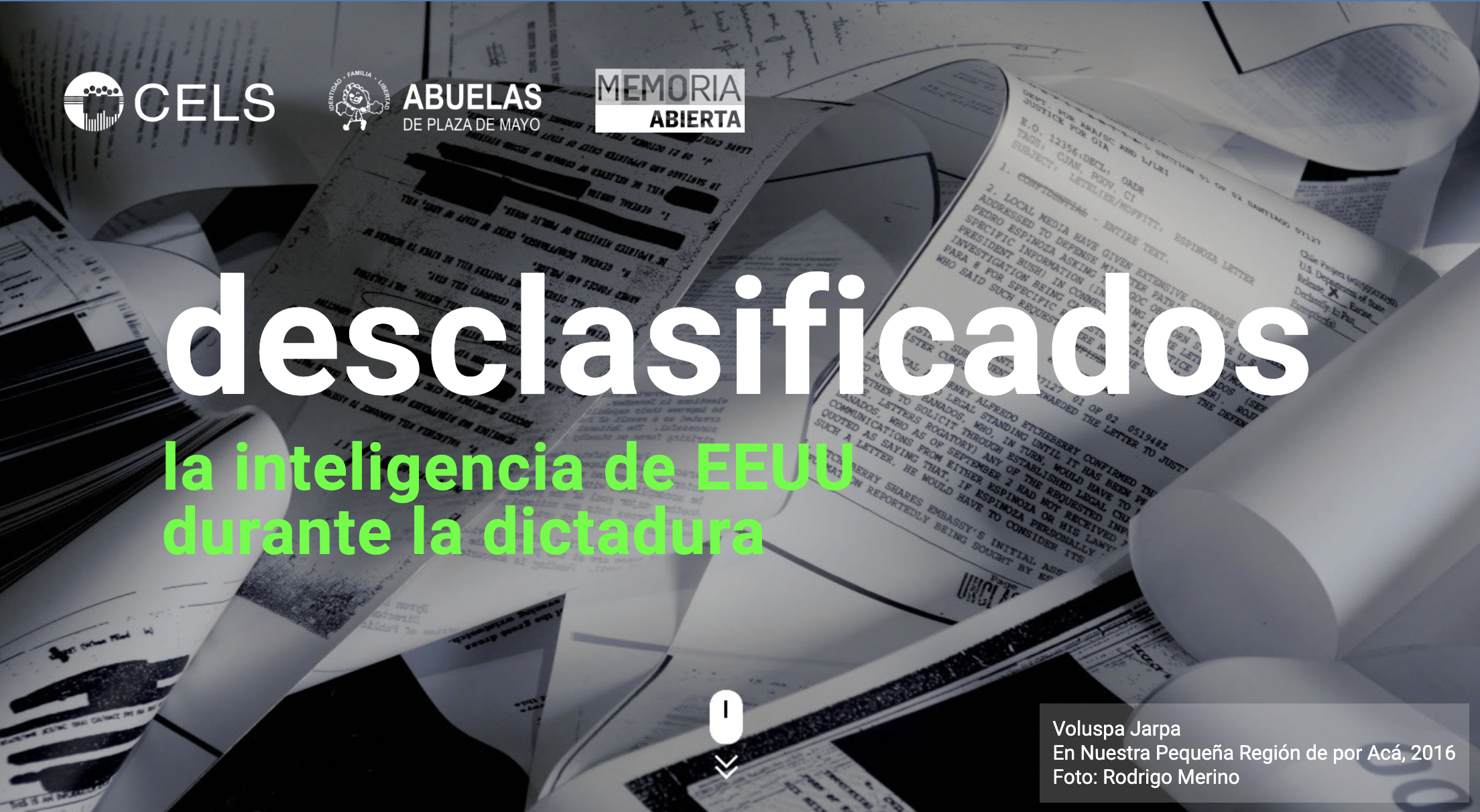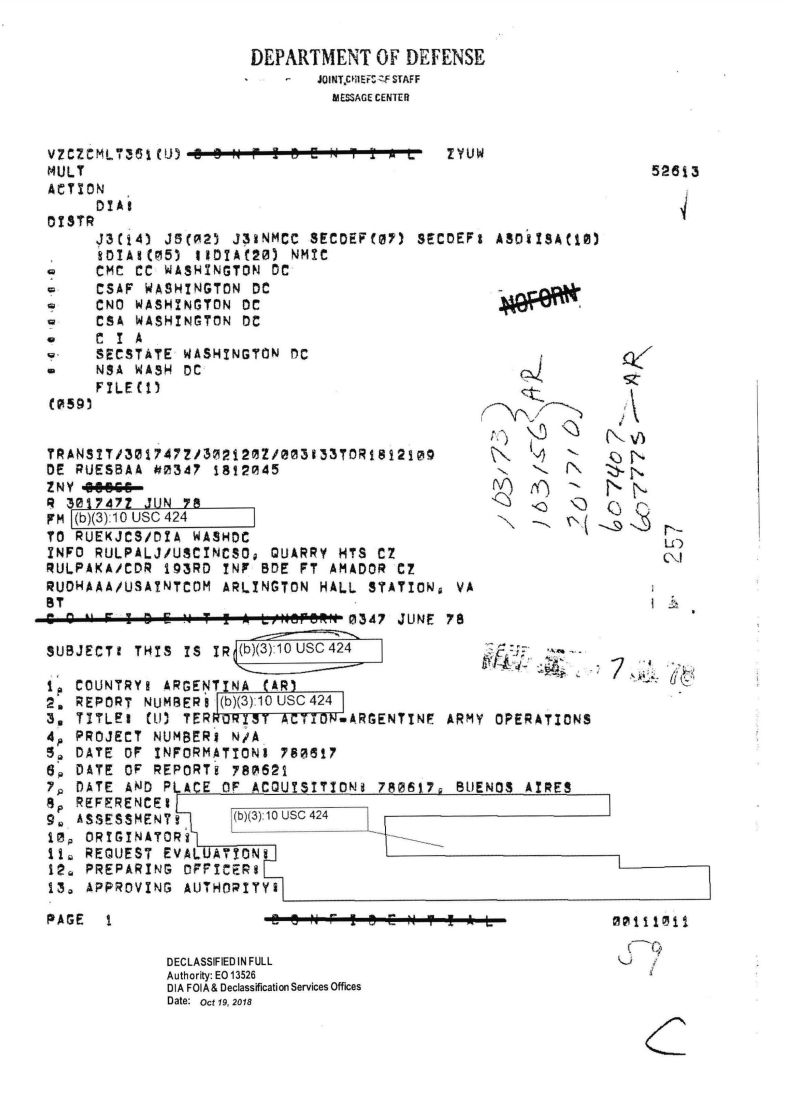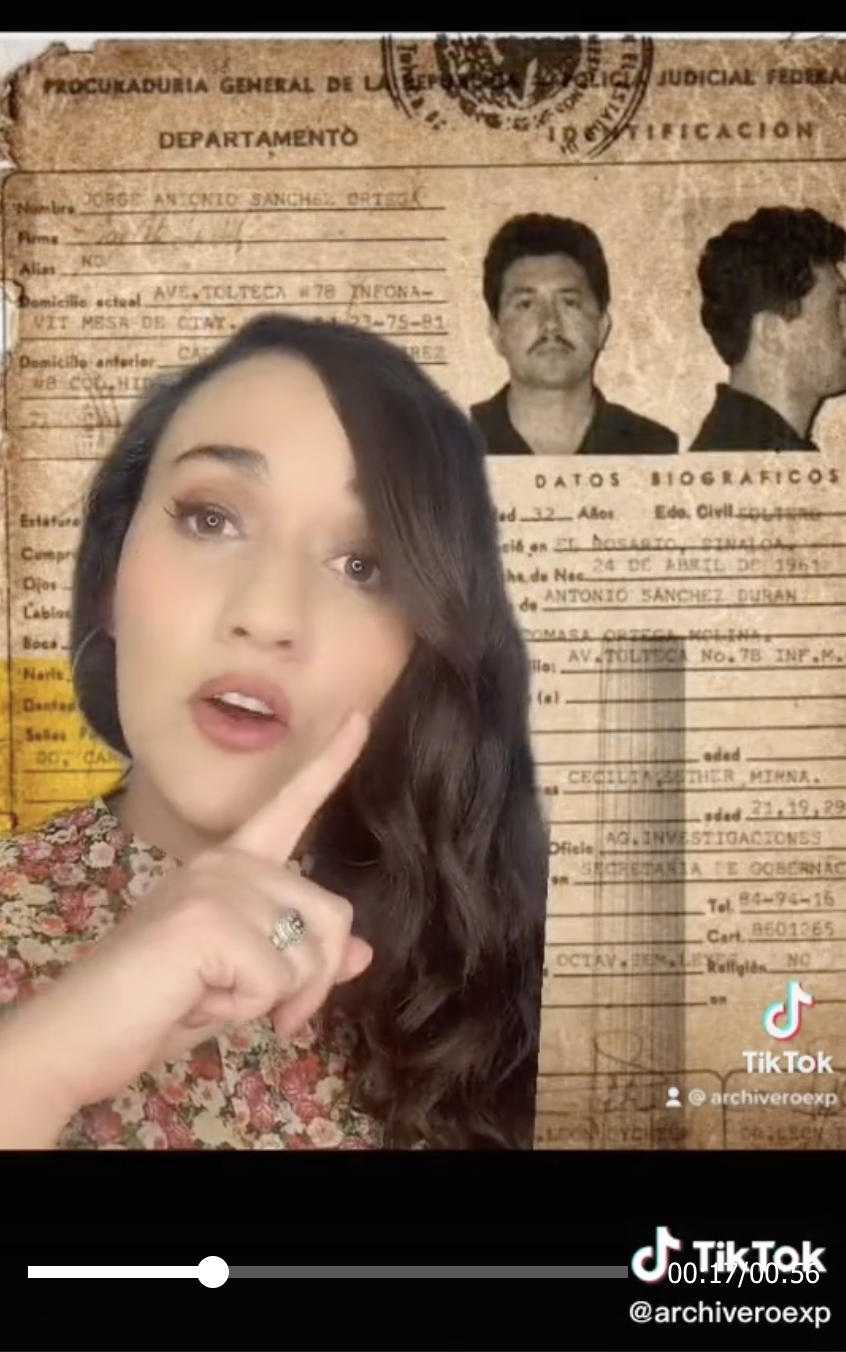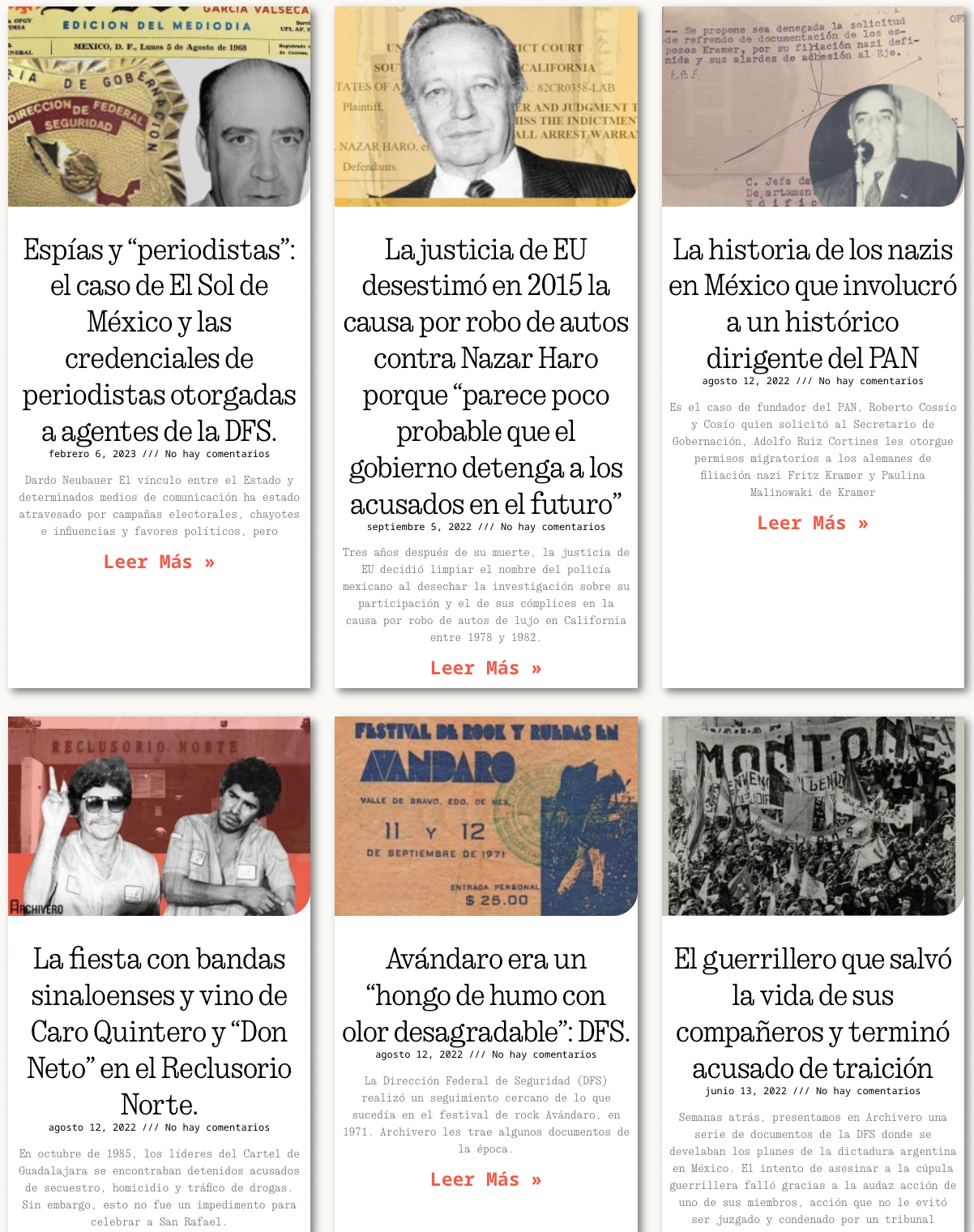The first time the Argentine national soccer team won the World Cup was on June 25, 1978, in the only World Cup ever held on Argentine soil. The match was held during the last military dictatorship in that country, also known as the National Reorganization Process, during which Argentina was ruled by a military junta.
Since then, widespread opinion among Argentines has been that the dictatorship used the Argentina 78 World Cup to legitimize itself while in power and look good in front of the world, while behind the scenes a systematic plan of State terrorism was being carried out, including forced disappearances, arbitrary detentions and torture. Some cases took place a few yards away from Monumental Stadium where the Argentine national team held aloft the Cup that year, in the then Navy Mechanics School (ESMA, by its Spanish acronym), one of the largest clandestine detention, torture and extermination centers at that time.
Little of that had been proven by facts and documents. However, since the United States handed over to Argentina in 2019 more than 40,000 declassified documents from 16 intelligence agencies related to state terrorism in this South American country, documents have come to light that prove much of what was believed to be true.
It was from the last delivery of those files that the Proyecto Desclasificados [Declassified Project] was born in August 2019, with the goal of translating, capturing, organizing, and systematizing 4 thousand 903 of those documents and building a database that would be publicly accessible. This is an interdisciplinary initiative of the School of Social Sciences of the University of Buenos Aires (UBA), in alliance with the human rights organizations Abuelas de Plaza de Mayo, Memoria Abierta, the Center for Legal and Social Studies (CELS, by its Spanish acronym) and the English Translation program of the Institute of Higher Education in Modern Languages Juan Ramón Fernández (IESLV).

Proyecto Desclasificados is an interdisciplinary initiative of the School of Social Sciences of the University of Buenos Aires in alliance with human rights organizations. (Photo: Screenshot from desclasificados.org.ar)
Once the declassified documents were uploaded to official Argentine government websites, a team of volunteers from the UBA's Communication Sciences and Social Work departments, and the IESLV's Translation program set about the task of creating an indexed database that allows for quick and efficient access to the archives.
"The idea of Desclasificados is that, on the one hand, [the database] is public and accessible to all with no barriers. And, on the other hand, it should be easy to look up and access the content. That it not be just a PDF floating there or in a box," Naiara Mancini, one of the journalists who participated in the creation of the database and who shaped several feature stories from the declassified documents, told LatAm Journalism Review (LJR). "There had to be a way for anyone who wanted to browse them to be able to do so, and for them to be easily accessible. They should not be required to fill out a form before browsing."
The documents were organized into three collections that have been published since the creation of the project: one with archives related to the Falklands War, another on the Trelew Massacre and another on the 1978 World Cup. The latter was published in December 2022, just prior to the triumph of the Argentine National Team in Qatar 2022.
All three collections are available for browsing on the Proyecto Desclasificados site. Users can easily search, filtering the results by date, place, public figures, and so on.
Journalistic articles on the most relevant findings have emerged from these collections, which have been published on the Proyecto Desclasificados web page and on the website of the Communication Sciences News Agency (ANCCOM) of the UBA.
For Mancini and five other Communication Sciences graduates who participated in the journalistic part of the project, doing journalism based on declassified documents was a great learning experience, but at the same time presented enormous challenges. One of them is the verification process that has to be carried out after each of the findings.
The team found that many of the files had information that, after contrasting it with other sources, turned out to be false or there were inconsistencies.
"It was a good opportunity to show [...] the cross-cutting way in which these documents have to be read, the context in which they were produced, and that perhaps they should not be taken at face value, but rather they should be cross-checked with other sources," Mancini said. "With the fact-checking that is required, obviously with interviews and with research, many times these inconsistencies can come to light."
The team learned to always keep in mind that they were working with files that show a subjective perspective, that of U.S. intelligence agencies. And also that, with the passage of time, it is often impossible to find the absolute truth about some facts. But while some inconsistencies do not cancel out the validity of the documents, journalists working with such files must be transparent and make these inconsistencies visible when contrasting them to human or documentary sources, Mancini said.
The biggest challenge was the treatment that had to be given to some of the military terms mentioned in the documents from the U.S. perspective of the facts, she said. For example, in some documents terms such as "guerrillas" or "dirty war" were used, when for the Argentines the conflict was never a war or a guerrilla war, but rather State terrorism. The team was faced with the dilemma of not reproducing inaccurate terms both in their databases and in the articles, without necessarily avoiding them.
Another example of this is in the Falklands War collection [known in Argentina as “La Guerra de las Malvinas”]. The declassified documents refer to the islands as "Falkland," the English name for this archipelago in historical dispute between Argentina and the United Kingdom. For Argentines, it is incorrect to translate "Falkland" as "Malvinas," however the Desclasificados team chose to include both terms, setting "Malvinas" in brackets.

One of Proyecto Desclasificados' collections includes documents about the actions of the military dictatorship during the 1978 World Cup in Argentina. (Photo: Agencia desclasificadora, Terrorist Action-Argentine Army Operations. [Colección Mundial de Futbol 1978])
"One should not say things that the documents are not saying, but rather discuss them from a subjective position, because the documents carry within them a subjective stance," Mancini said. "It has to do with an intervention of the text starting from the overview. That is the work of the archives, you have be critical and in dialogue with that language. [...] [The archives] were produced in a context that must be recovered and brought to the present moment through journalistic work. I think this is the biggest challenge we face when working with these documents."
Almost four years after its inception, the Proyecto Desclasificados has had an impact on journalism in Argentina. The collections have been taken up by several media outlets, which have made other findings and given new interpretations to the documents.
But for Mancini, the project’s greatest contribution has been in the judicial processes for victims of the military dictatorship. Proyecto Desclasificados has provided documentary evidence in at least two ongoing trials on crimes against humanity.
"That is extremely enriching, because beyond journalistic issues, this has to do with an effective trial of the dictators of that time, the oppressors of that time, and with really contributing to justice," Mancini said.
Proyecto Desclasificados exemplifies what an alliance between journalists and human rights organizations can contribute towards achieving justice and restoring historical memory. The declassification of documents in Argentina is largely the result of years of effort by organizations such as Abuelas de Plaza de Mayo, Memoria Abierta and CELS, which have worked for years to learn the truth about victims of the military dictatorship.
"It is not the work of an isolated journalist, but a more organic question of a whole network of human rights organizations that fortunately is very strong here in Argentina and is very important for today's democracy," Mancini said.
In their efforts to uncover files on relevant events in Mexico's recent history, Laura Sánchez Ley and Dardo Neubauer have had to endure with patience the negligence on the part of authorities who set bureaucratic obstacles.
Sánchez Ley and Neubauer, journalists from Mexico and Argentina, respectively, are the founders of Archivero, a journalism project based on the opening of archives and classified files or files considered "national security" in Mexico.
The initiative came about after Sánchez Ley realized that, in the face of key events in Mexican political history in recent decades, the authorities tend to offer historical truths, which the State seeks to establish as absolute and official, but which are not necessarily entirely credible to society.

Although the work of accessing archives on controversial cases is complex, Archivero tries to present the information in digestible and engaging ways, such as Twitter threads, Instagram stories and TikTok videos. (Photo: Screenshot of @archiveroexp on TikTok).
When the journalist investigated cases such as the assassinations of presidential candidate Luis Donaldo Colosio and congressman José Francisco Ruiz Massieu, both in 1994, she found that in the laws on access to public information there were clauses that classified information as "state secrets" or "national security." In addition, authorities often claimed that such files could not be accessed because they were "ongoing" judicial cases.
After learning how to overcome some of the obstacles put in place by authorities and gaining access to the first files, the next step was to analyze the information, compile it in one place and offer it to the people in a more digestible way.
"We live in a country of official truths, of historical truths. Every time one of these cases is stirred a little bit, we realize the number of flaws that were committed and the information that was omitted. They are used to giving us official summaries of these stories without allowing us access to the archives," Sanchez Ley told LJR.
In February 2022, Sánchez Ley and Neubauer launched a social media survey asking people which cases they would like to know about. The response was better than expected and during the week of Archivero's launch, the project gained close to 10,000 followers on Twitter.
In one year, Archivero has managed to declassify 12 cases of national relevance and published at least 10 articles with the main findings of those cases.
However, the founders realized along the way that this work requires a huge budget and, above all, a lot of time and patience.
"Sometimes you can spend a whole year opening a file or having access to it. Then we face the cost: By Mexican law, each one of those pages that we want to reproduce, that we want to give to people so they know what happened, costs between one and five pesos [between 0.05 and 0.25 dollars]. You can imagine that we’re talking about files that can have up to 10,000 pages," Sánchez Ley said.
So far, the project does not have a fixed source of funding, so the founders have had to absorb these expenses. Only on a couple of occasions have they had the support of readers via crowdfunding to cover the reproduction costs of two files in particular.
However, financial obstacles have not been the most difficult to overcome. Archivero continues to work on accessing the files of a number of cases of important political relevance in Mexico. And it is in these cases that authorities, especially law enforcement agencies, have placed the most obstacles, some of which border on the absurd.
Archivero gained access to the file on the murder of Cardinal Juan Jesús Posadas Ocampo, who died in 1993 allegedly in a crossfire in an attempt to assassinate drug trafficker Joaquín "El Chapo" Guzmán. The file consists of nearly 500,000 pages, and the Attorney General's Office only allows access to the archive for one hour a day.
Sánchez Ley said that in other cases she has had to wait for the officials in charge to paste dozens of strips of paper on alleged personal data mentioned in the files, which takes time away from consulting the documents.
"It shows a lack of openness when they put all possible obstacles in your way, above all, I imagine, so that many of the things that were committed and all the wrongdoings at the time are not revealed," she said. "But it's really a strategy to discourage you because, evidently, they know that by doing that, you're going to grow tired of it."
In their attempt to circumvent the legal obstacles imposed by the authorities, the Archivero team has had to learn about legal terminology and procedures, as well as to surround themselves with lawyers who are experts in access to public information laws, which they consider fundamental to the work of declassifying archives.
"They [the authorities] are always going to look for a wrong word in your request for information in order to deny it. They have 40 days to respond to you. If they find something off, all the work you did in a month goes by the wayside," Sánchez Ley said. "We’ve tried to learn everything we can from the lawyers, so we don't make mistakes."
Once the obstacles have been overcome and the files have been obtained, the next task at the journalistic level is to analyze the content, figure out what’s of interest to people and present it to them in a digestible and attractive way, so that the information does not remain only in the so-called "red circle" of journalists, historians and academics.
"Now with the immediacy of information, people want to see Twitter threads, they want to see Instagram stories, they want to see much shorter posts. We have learned that we can transmit what we are declassifying and opening up this way," Sánchez Ley said.
Archivero's long-term plan is to digitize all the files they have obtained and create an archive of relevant issues that is open to the public and easily accessible by any user, similar to the Proyecto Desclasificados. However, they know they need to find sustainable forms of funding to accomplish this.

In one year, Archivero has managed to declassify 12 cases of national relevance and published at least 10 articles with the main findings of those cases. (Photo: Screenshot from archiveroexpedientes.com)
For the time being, in addition to its own resources, the team finances itself through the sale of research services, as well as through workshops and training on what they have learned about access to public information laws in both Mexico (LGTAIP, by its Spanish acronym) and the United States (FOIA). In addition, Archivero has found in documentary series on streaming platforms a potential source of income.
"We realized that [series productions] need archival and field research. We’ve started working on three documentaries, for example, since Archivero was created, in which we are doing archival research. We can continue to support this project in this manner," Sánchez Ley said.
A year after the founding of Archivero, its creators see their project as a way to strengthen what Sánchez Ley calls “a journalism based in collective memory” in Mexico, and to recover stories that were news at the time and are still relevant to many people.
"[Archivero] It’s an exercise above all of recovery and historic collective memory," Sánchez Ley said. "I can't tell you that a declassified file is an absolute truth, but it’s going to fill the gaps in those stories the authorities told us and the media widely disseminated at the time."